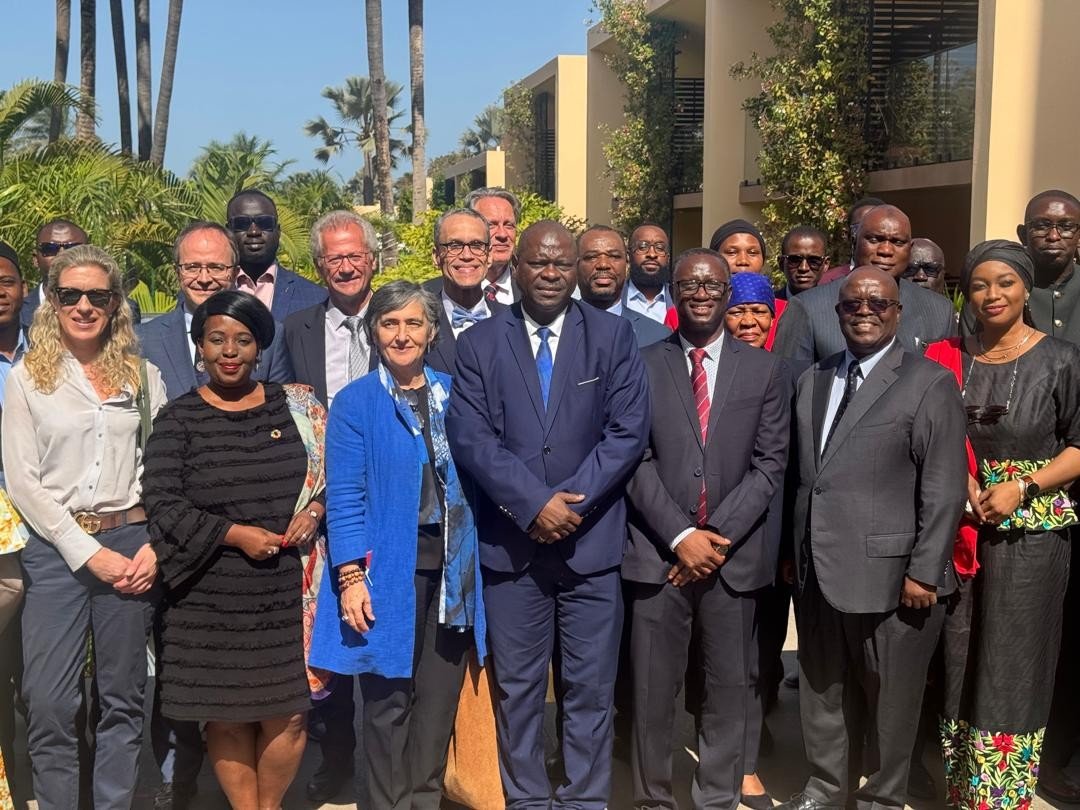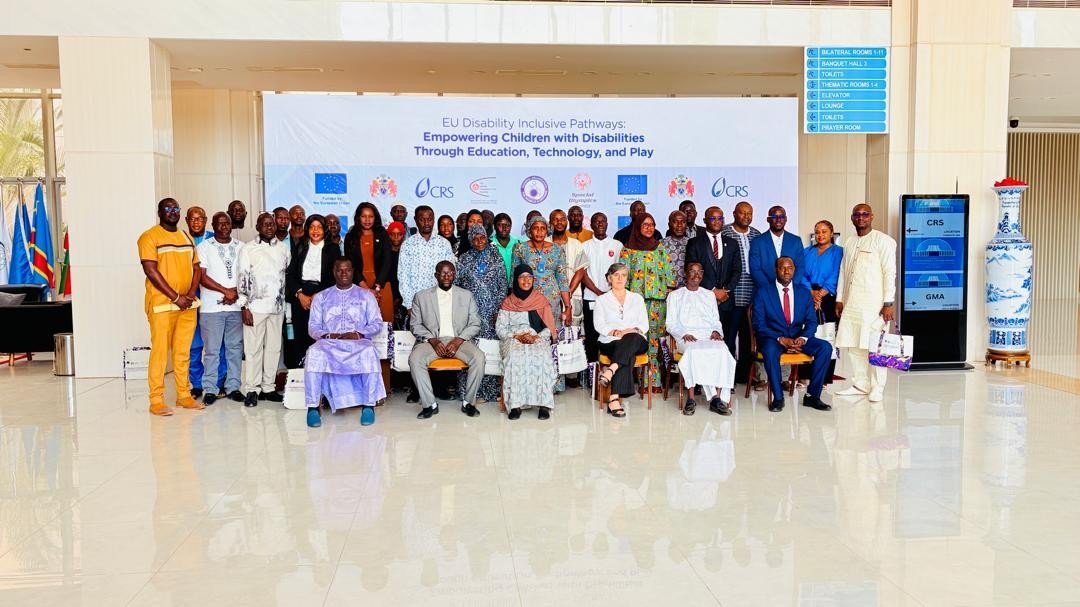Air pollution is a serious issue that affects people’s health and the environment across the world, and The Gambia is no exception.
It has been proven to have serious implications, as it harms the environment and lives of people, whether they live in rich or poor countries.
Environmental expert Sambou Mbye, who shared insights on the far-reaching effects of air pollution in the country with SeniGambia in a recent interview, says air pollution poses significant health risks, leading to a variety of health problems which include issues with the eyes, breathing difficulties, heart problems, and even complications with reproductive health, such as irregular menstrual cycles and lower sperm counts.
However, the dangers of air pollution don’t stop at human health. Plants and animals are also affected, which Mbye notes as one of the main environmental problems caused by air pollution. “It is a type of smog that damages the ozone layer, which protects people from harmful sun rays,” he says.
This smog, he explains, lowers air quality and puts both people and animals at risk.
Additionally, research has shown that air pollution can lead to acid rain, which damages crops, and contributes to global warming and changes in the climate.
“These environmental changes can harm industries that depend on healthy ecosystems, like agriculture, fishing, and tourism, resulting in financial losses,” Mbye says, emphasizing that cleaning up pollution can be expensive and takes away resources needed for development.
“The impacts of air pollution are serious, affecting not only people’s current wellbeing but also the ability of future generations to have clean air, water, and essential land resources for food and health.”
Mbye thus encourages all and sundry to work collectively to protect the environment, stating that through teamwork and collective efforts, society can ensure a healthier planet for themselves and for future generations.
According to a medical doctor, Sunkaru Touray, air pollution is a major risk factor for non-communicable diseases (NCDs) like high blood pressure, heart disease, cancer, and diabetes.
“A Ministry of Health report last year reveals that over 90% of adults aged 25 to 64 have at least one NCD, accounting for 30% of adult deaths,” Dr Touray said. “The World Health Organization has classified air pollution as a carcinogen, raising concerns about underreported cancer cases.”
The report, he stated, further highlights that air pollution stems from natural events, such as bushfires, and human activities, with key pollutants including particulate matter, sulphur dioxide, nitrogen oxide, ozone, and carbon monoxide from sources like vehicle emissions and waste burning. This, he affirms, is a global issue, particularly severe in places like the U.S. and India.
Also, water pollution severely affects farming due to plastic waste thrown at the riverside, which end up in the sea and being consumed by fish. This hinders fish farming as stated by Samba Secka, a fisherman.
“Sometimes when we are fishing, we find lots of dead fish that have plastics in their stomachs on the shoreline and even in our fish nets, which is not encouraging because it causes the fish to divert to other ends of the sea, which prevent us from having fish to farm.” Secka stresses.
Conceding to the situation, Binta Jaiteh, a market vendor, agrees that they have a role to play as vendors since most of the plastics are disposed of by them, knowing it is not healthy for the environment.
“I put and sell my vegetables in plastic bags, and also light fire with plastics when I am cooking, even though I have been told it’s not healthy – and it seriously affects my daughter who is asthmatic, but I continue to use it to light fire because it is easy to use,” Binta admitted.







Considering the individuals suffering from respiratory infections alone should trigger individuals to stop polluting the air. It’s indeed very sad, knowing the cause of our weaknesses and still we stand to watch out with no action.
See the environment pollution, everywhere is polluted with plastic bags which do not decompose easily and end up been use as fire lighting still affect inhabitants. It went far as fishes in the ocean are also affected. Where are we heading to? Considering the number of people that eat fish per day in the Gambia, we know that we’re not safe at all.
Both individuals and the government are responsible and there should be a stop to this. The government should provide other alternatives than burning the air and strictly stop the usage of plastics bags. As well as the population too, they should understand that their practice on pollution and bush burning reflect on the low rain water which affect agricultural products and we experience low yield.
There’s really need for both behavioural and practical change.
Thank you.